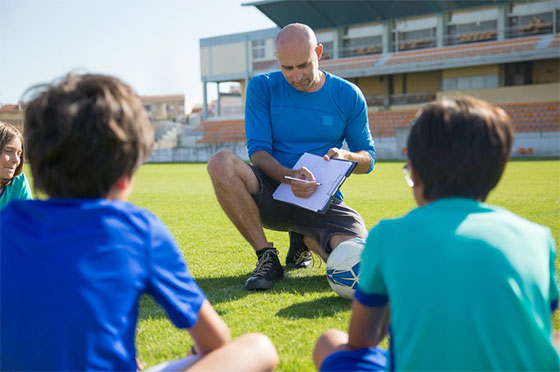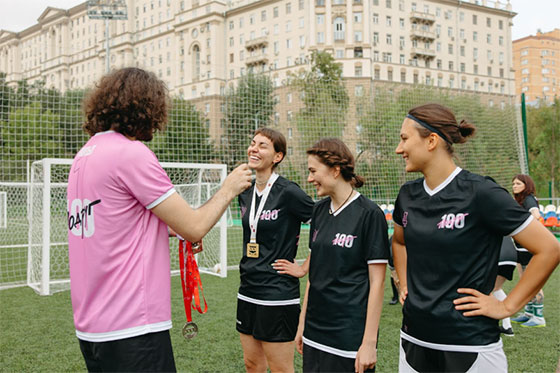When working with athletes, it is important to have a solid foundation of practical knowledge. This includes understanding the challenges that come with the role and having the skills necessary to navigate through them. To provide our athletes with the best possible support, we must be aware of our limitations and how they impact our interactions with others.

Self-awareness
Self-awareness is critical in any relationship, but especially so when working with athletes. We must be able to understand and communicate our own needs, while also being attuned to the subtleties of what others are saying and feeling. As seen with folks at acls-pals-bls.com, it is important to have a clear understanding of your emotions to be able to manage them effectively. This will help you to be more present with your athletes and better able to understand and respond to their needs.
Communication
Communication is an important factor when working with athletes. We must be able to effectively communicate our expectations, while also being open to hearing and understanding the needs of our athletes. It is important to remember that communication is a two-way street, and we must be willing to listen as well as speak.
Listening
Listening is a fundamental part of working with athletes. We must be able to truly hear what they are saying, without judgment or assumptions. This can be difficult, as we may have the agendas that we are trying to push forward. However, it is crucial that we set these aside to truly listen to what our athletes are saying. This doesn’t mean that we have to agree with them, but it does mean that we need to respect their perspective and needs.
Empathy
Empathy is the ability to understand and share the feelings of another. This is a crucial skill when working with athletes, as we must be able to put ourselves in their shoes and understand what they are going through. This can be difficult, as we may not have experienced the same things that they have. However, it is important to remember that everyone has their own unique experiences and perspectives.
Judgment
Judgment is the ability to make decisions based on evidence and reason. This is a critical skill when working with athletes, as we must be able to assess their needs and make decisions accordingly. This can be difficult if we don’t have all of the information that we need. However, it is important to trust our judgment and intuition when making decisions about how to best support our athletes. They rely on us to make the best possible decisions for them, and we need to be able to do that.

Emotional intelligence
Emotional intelligence is the ability to be aware of and understand your own emotions, as well as the emotions of others. This is a crucial skill to have when working with athletes, as we must be able to regulate our own emotions while also being attuned to the emotional needs of others. This can be difficult, but it is essential to maintain a healthy and supportive relationship with our athletes. In cases where we feel like we are losing control of our emotions, it is important to take a step back and assess the situation. This will help us to be more present and available for our athletes.
Creativity/innovation
Creativity and innovation are important skills when working with athletes, as we must be able to come up with new ways to motivate and support them. This can be difficult, as we may feel like we have tried everything. However, it is important to remember that there is always room for growth and change. We need to be open to new ideas and willing to experiment to find what works best for our athletes. This requires a high degree of creativity and innovation, as well as the willingness to take risks.
Adaptability
Adaptability is the ability to change and adjust in response to new situations. This is a crucial skill when working with athletes, as we must be able to adapt our approach based on their individual needs. This can be difficult, as we may have set ideas about how things should be done. However, it is important to remember that each athlete is unique and that one size does not fit all. We need to be flexible and willing to adjust our approach to best support our athletes.
Working with athletes is a challenging but rewarding experience. It requires a high degree of self-awareness, communication, listening, empathy, judgment, emotional intelligence, creativity/innovation, and adaptability. However, the rewards are well worth the effort. When we can support our athletes in a way that meets their individual needs, we can help them to achieve their highest potential.



